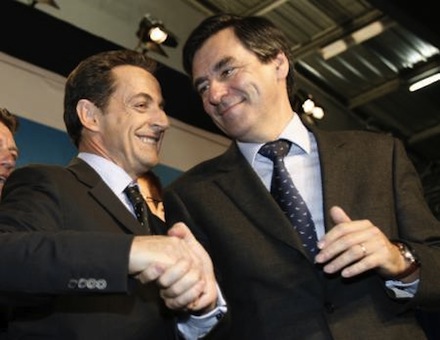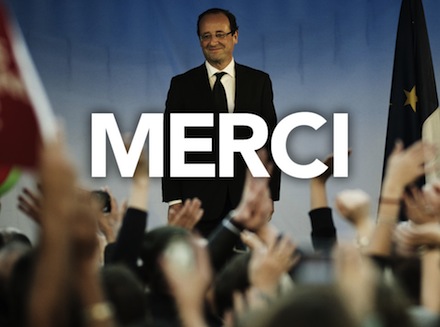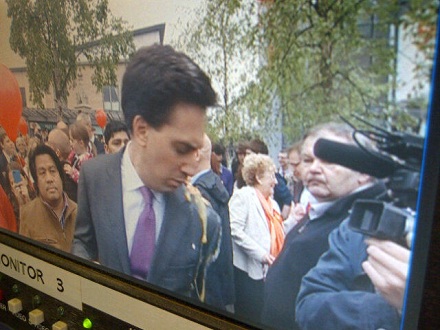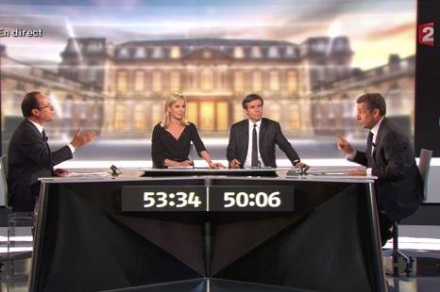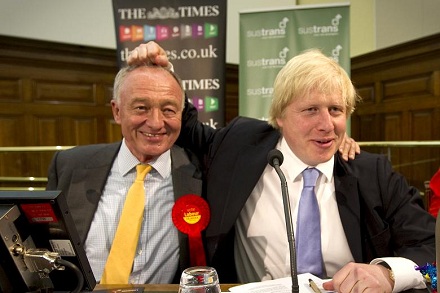Shortly after Zine El Abidine Ben Ali’s regime fell in Tunisia in January 2011, amplifying the ‘Arab Spring’ revolts to a global scream, the next logical candidate for uprising was not Egypt or Libya or Yemen or Syria or Bahrain.
Abdelaziz Bouteflika had been in office as Algeria’s president since 1999 — and for much of that time, the country had been subject to ’emergency rule’ following a bloody civil war in Algeria that began after the Islamic Salvation Front won Algeria’s first free parliamentary election in 1991 and a military coup annulling the election result. Just as in neighboring Tunisia, young Algerians were protesting against unemployment and rising food costs, and also as in Tunisia, a wave of self-immolations in protest of the government met with escalating crowds and outrage against Bouteflika. Algeria was about as great a candidate for grassroots-led regime change as any other country in the Middle East and Maghreb.
Yet Bouteflika remains in power and was never seriously in danger of losing it. Some commentators suggested that Algerians were wary of toppling a government and risking yet another civil war after the carnage of the 1990s. In addition, Bouteflika deployed a cannier mix of carrots and sticks (police came out in force to contain the protests, especially after Hosni Mubarak’s regime fell in Egypt) than either Ben Ali or Mubarak in his own attempts to hold onto power in 2011. Most notably, Bouteflika agreed to end Algeria’s 19-year ’emergency rule’, raised salaries for Algerian workers and took steps to lower the price of food in Algeria.
Bouteflika also permitted the existence of new political parties, many of which will contest Algeria’s May 10 parliamentary election, which is expected to be Algeria’s first free election since the fateful 1991 elections that sparked Algeria’s civil war. Bouteflika has also expanded the number of members of parliament by 73 seats for a total of 462, all of which will be up for grabs on Thursday. While the parliament’s powers are slim compared to those of the president, it does appear that Bouteflika is making good on his promise of opening Algeria to more democracy.
This time around, though, the threat is whether enough of Algeria’s over 20 million voters will actually turn out to participate (note that over 70% of the country’s 35 million population are younger than 30 years old). The joke from Algeria’s leading political cartoonist Dilem yesterday was that Algerians were passionate about the election — the one to Algeria’s north between Nicolas Sarkozy and François Hollande. Continue reading Algerian election: a battle for turnout




